"Planet Earth has lost more than 60% of all terrestrial wildlife in the last 50 years.1
Nature and biodiversity are part of our life support system. The natural world provides resources that sustain all life on earth including human life – from the air we breathe and the water we drink to the food we eat and the ecosystem services that nature provides. There is no substitute for the services nature provides in ensuring security and sustainable livelihoods for communities across the globe.
Resource scarcity has long been recognised as a threat multiplier of conflict and fragility. In all, 40% of internal armed conflicts in the last 60 years have been related to natural resources. That is set to increase as water scarcity, desertification, population movements and food insecurity are on the rise.
Meanwhile, the cost of conflict is also felt through its environmental impact. As many as 80% of all major armed conflicts in the second half of the 20th century took place directly in biodiversity hotspots that sustain around half the world's plants and rare species of animals.2 The 19 countries with the highest number of ecological threats are among the world’s 40 least peaceful, including Afghanistan, Syria, Iraq, Chad, India and Pakistan.3
HALO encounters the realities of these impacts among the communities in which we work on a daily basis. Environmental degradation puts pressure on limited resources and is already driving mass internal migration, placing further stress on communities and regions. Building resilient and secure communities is essential to prevent escalation of tensions and fragility, and this must include restoration of land ecosystems. The nature of HALO's work means we operate in many of the most affected regions in the world, in areas that are often inaccessible to other organisations.
In 2023, we published our Global Environment Strategy, which outlines the ambition of our environmental work.
Impact projects
We recognise the growing link between our work and the need to help preserve biodiversity and maintain functioning ecosystems. We are partnering with conservationists and other environmental experts to address these inter-connected issues.
Thanks to the generous support of our donors, since 2021 we have launched a number of local impact projects focused on improving and accelerating the sustainability and impact of our programmes around the world.
These projects advance ecological protection and conservation in some of the world’s most vulnerable settings. They provide opportunities for women and girls in conflict-affected areas, and they build environmental skills for our workforce and partners through environmental master planning, training, and use of technology such as drone-based remote sensing and GIS (geographic information systems).
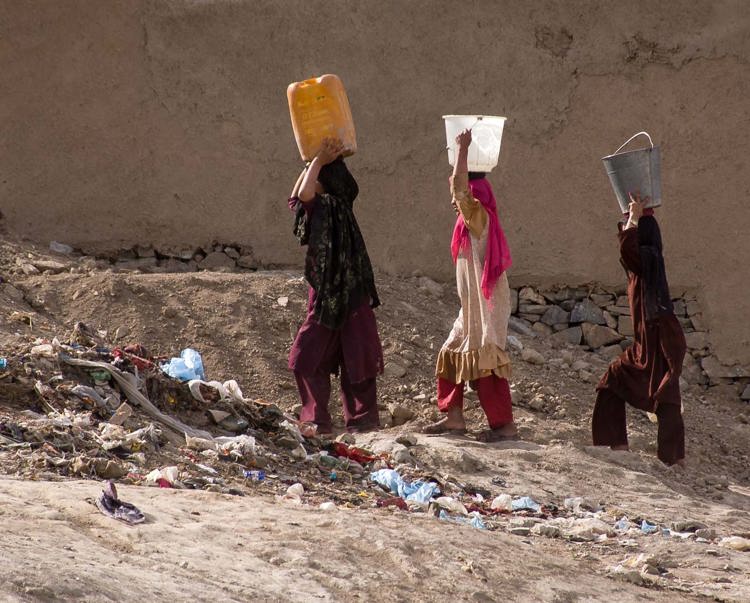
Afghanistan: Environmental health and waste management
We've conducted a baseline environmental impact assessment resulting in practical climate and environmental measures for both our demining camps and local communities in the Shakerdara Valley. This includes decentralised waste treatment systems to provide urgently needed sanitation infrastructure.
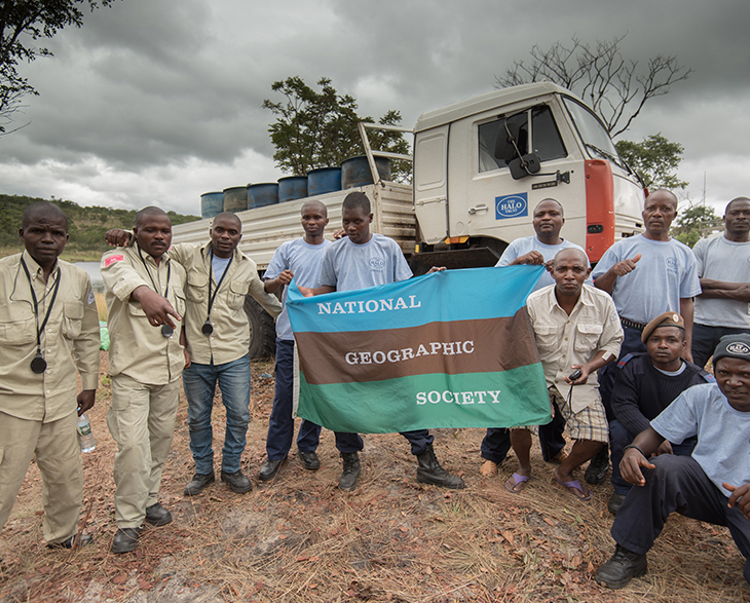
Angola: Conservation in a post-conflict landscape
Preventing, mitigating and responding to the long-term environmental impacts of conflict, supporting the sustainable livelihoods of people affected by conflict and climate change. HALO is registered with the National Institute for Biodiversity and Conservation to deliver conservation activities.
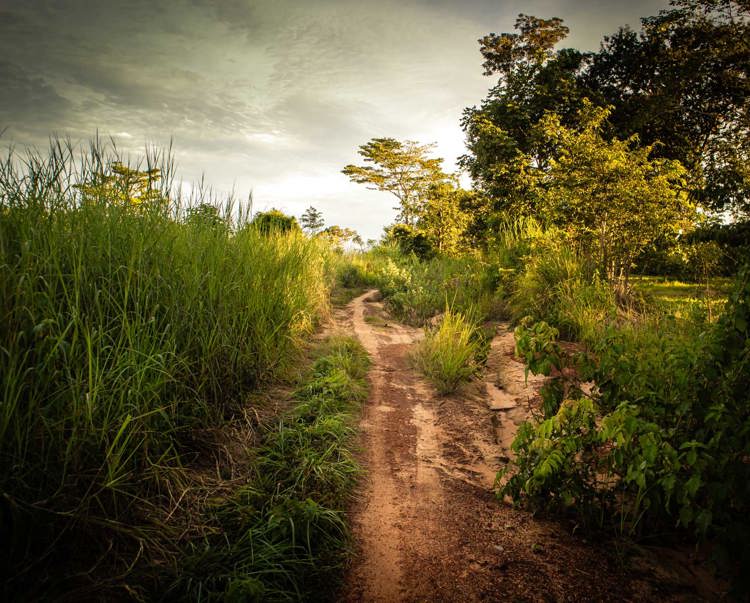
Cambodia: Conservation and ecological restoration management
We're working within the Community Forest framework to support local community management in an 18,000 hectare wildlife sanctuary and community forest (Sang Rukhavaon) in Oddar Meanchey – a heavily mined area where our clearance activities are ongoing. We're also supporting natural resource management through livelihood support in six surrounding communities.
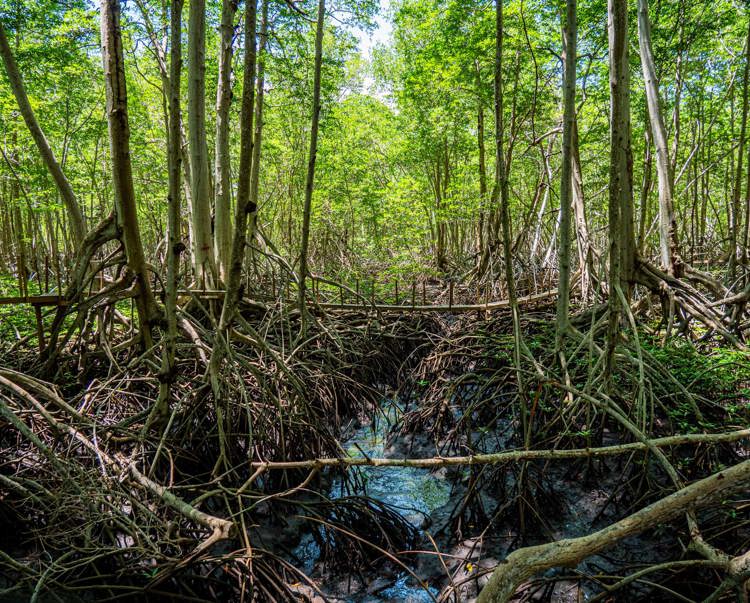
El Salvador: Coastal ecosystem conservation
With Associacion Mangal, a local conservation NGO, we're combining vital restoration of El Salvador's coastal mangrove forests (one of the most productive and critical ecosystems on the planet) with creating opportunities for at-risk youth, employing them as conservation corps restoration workers to set up mangrove nurseries and local practical actions to protect these areas.
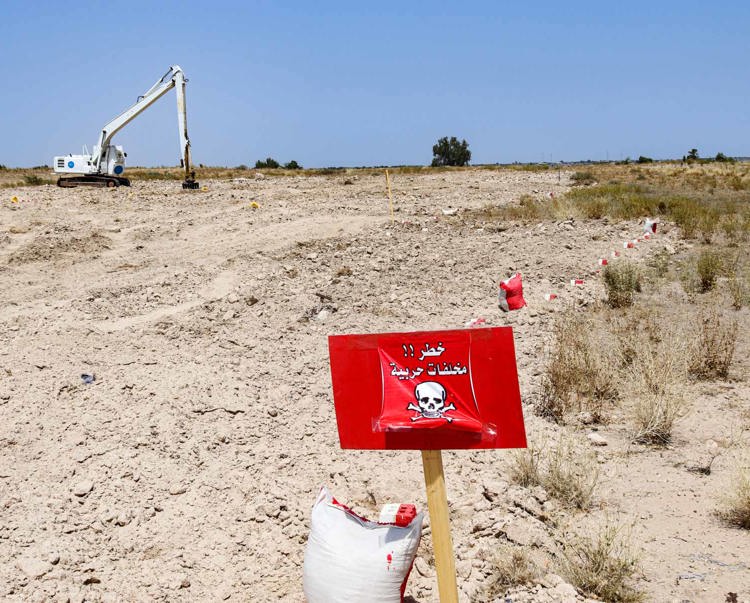
Iraq: Sustainable land use
We work with local farmers to identify and address post-clearance barriers to sustainable land use. Alongside local partners, HALO facilitates low-cost, high-impact farming measures with the aim of enhancing long-term crop yields and broader food security.
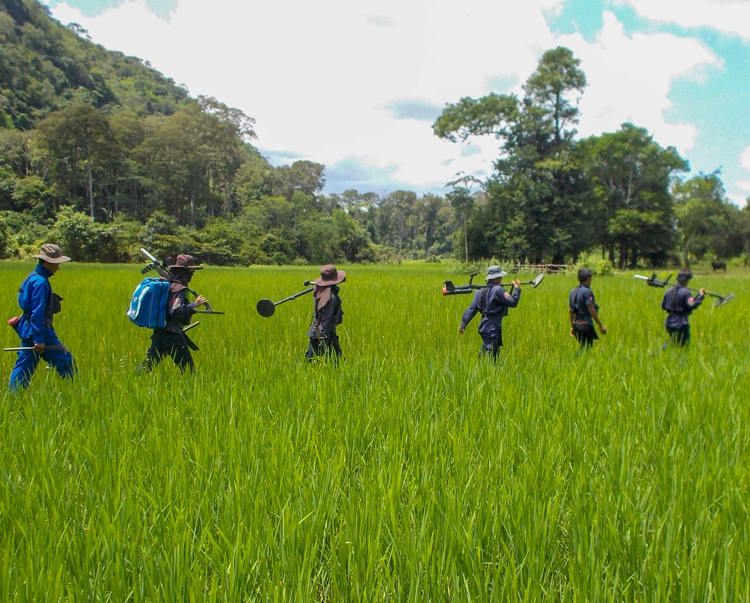
Laos: Carbon, climate and clean energy
Introducing a clean energy solar power model for off-grid operations at HALO's base office to reduce our environmental impact. Planting native tree species on HALO cleared land, to improve soil and water conservation and biodiversity, benefitting the local population.
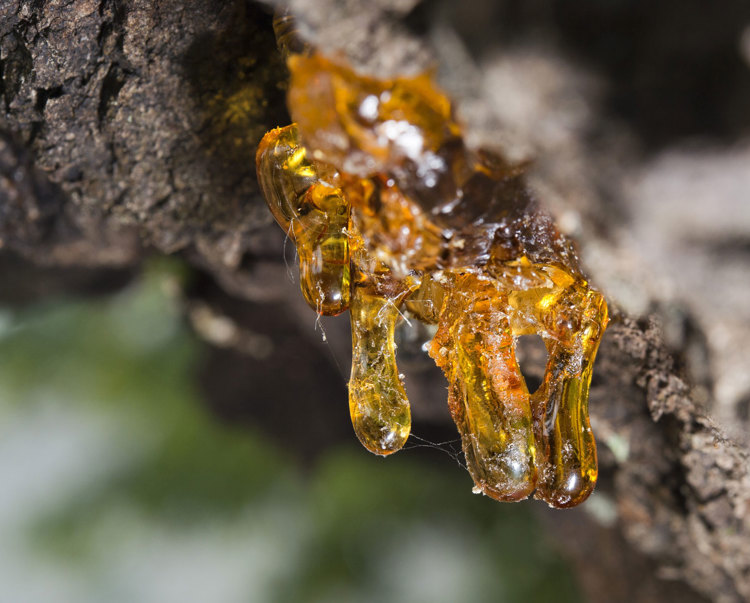
Somalia: Frankincense woodland protection
We're developing nature-based and community-supported solutions to protect the Boswellian woodland ecosystem and its associated Frankincense tree. This will promote the sustainable use of natural resources in former minefield areas and introduce conservation master planning at a local level in a highly important ecoregion.
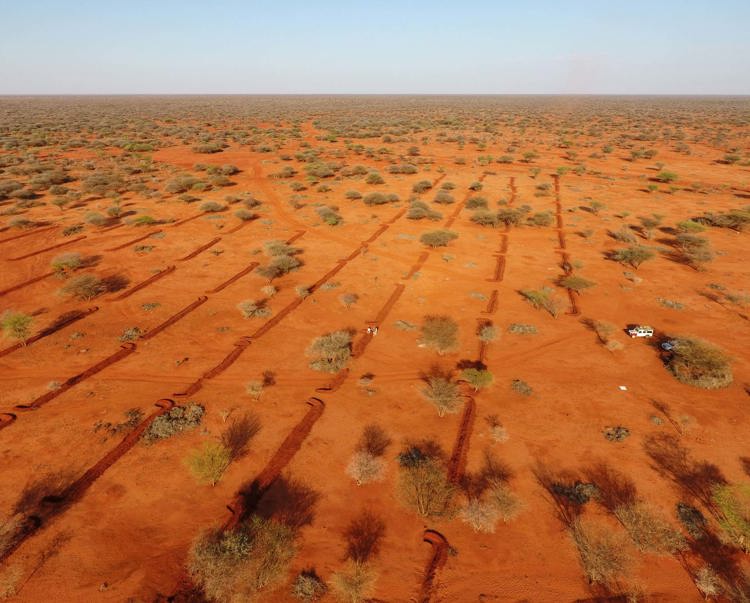
Somaliland: Rehabilitating rangelands
Working with national partners to support communities to adapt to climate risks. This includes: constructing soil bunds for rainwater catchment to support the regrowth of vegetation on cleared land, reseeding safe land with native grasses to reduce soil erosion and degradation, and equipping communities with knowledge and tools to maintain project assets.
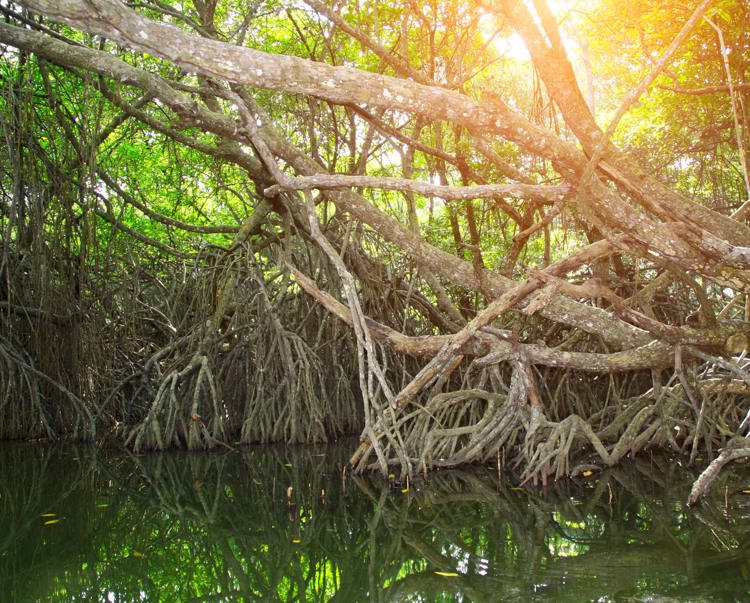
Sri Lanka: Coastal ecosystem restoration
During the civil war, large areas of coastal vegetation were completely destroyed in order to lay landmines and build defensive works. Communities rely on these ecosystems as a natural barrier to saltwater ingress and protection against storm surges. We're working with local partners to re-establish the coastal ecosystem, conducting restoration of mangrove forests and scientific assessments of the environmental impacts of conflict and subsequent landmine removal.
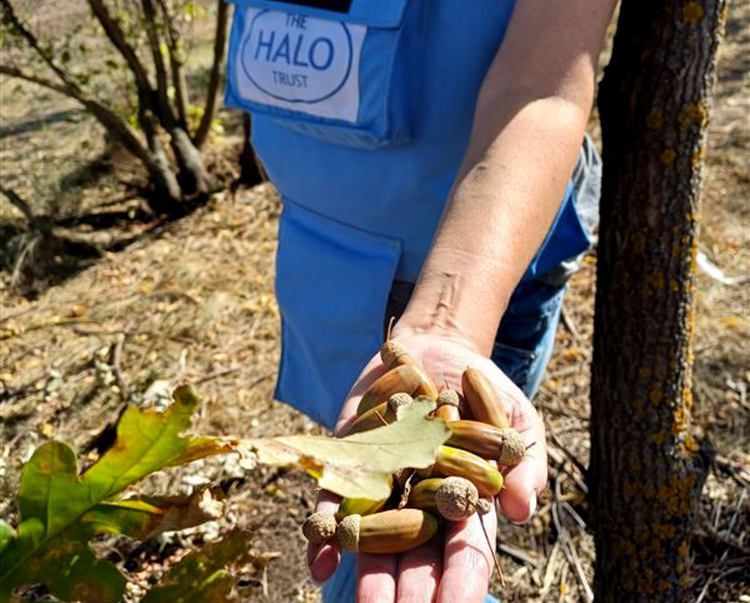
Ukraine: Soil sampling analysis
Our teams on the ground are working with local universities to conduct soil sampling and analyses, contributing to cutting-edge research on the impacts of explosives on soil health and soil fertility. In addition, we're working with local partners to understand and address the broader impacts of conflict on the environment and agricultural practices.
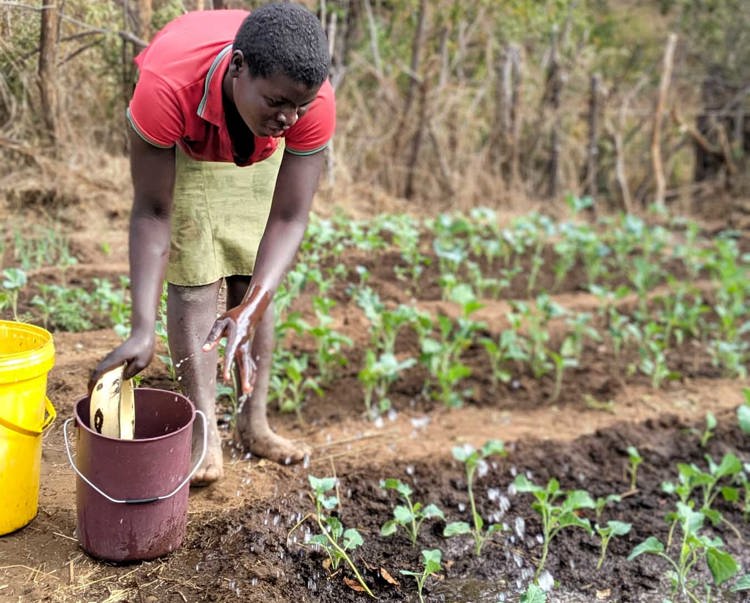
Zimbabwe: Agricultural training
We're working with local partners to pilot innovative training schemes for our own staff and local communities. This includes the construction of small demo farms alongside remote minefield camps, facilitating ongoing training in sustainable and regenerative farming practices for staff based at these camps.
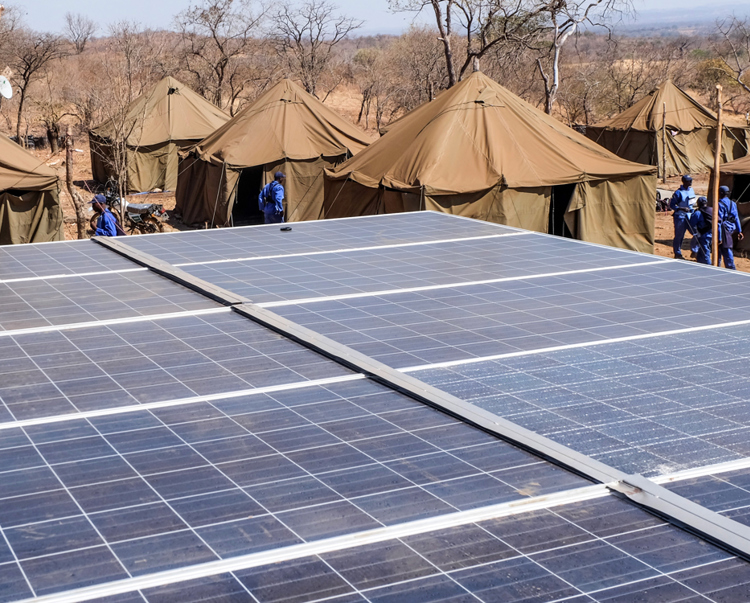
The HALO Trust Environmental Marker
We've developed an environmental marker to systematically measure the environment and conservation footprint of our activities. Working with partners in the mine action sector, this tool helps put practical steps in place to lessen harm to the environment and also find ways to create environmental benefits.
We're grateful to the generous support of a loyal family foundation donor, which has invested in the development of many of these high-impact environmental projects globally.


